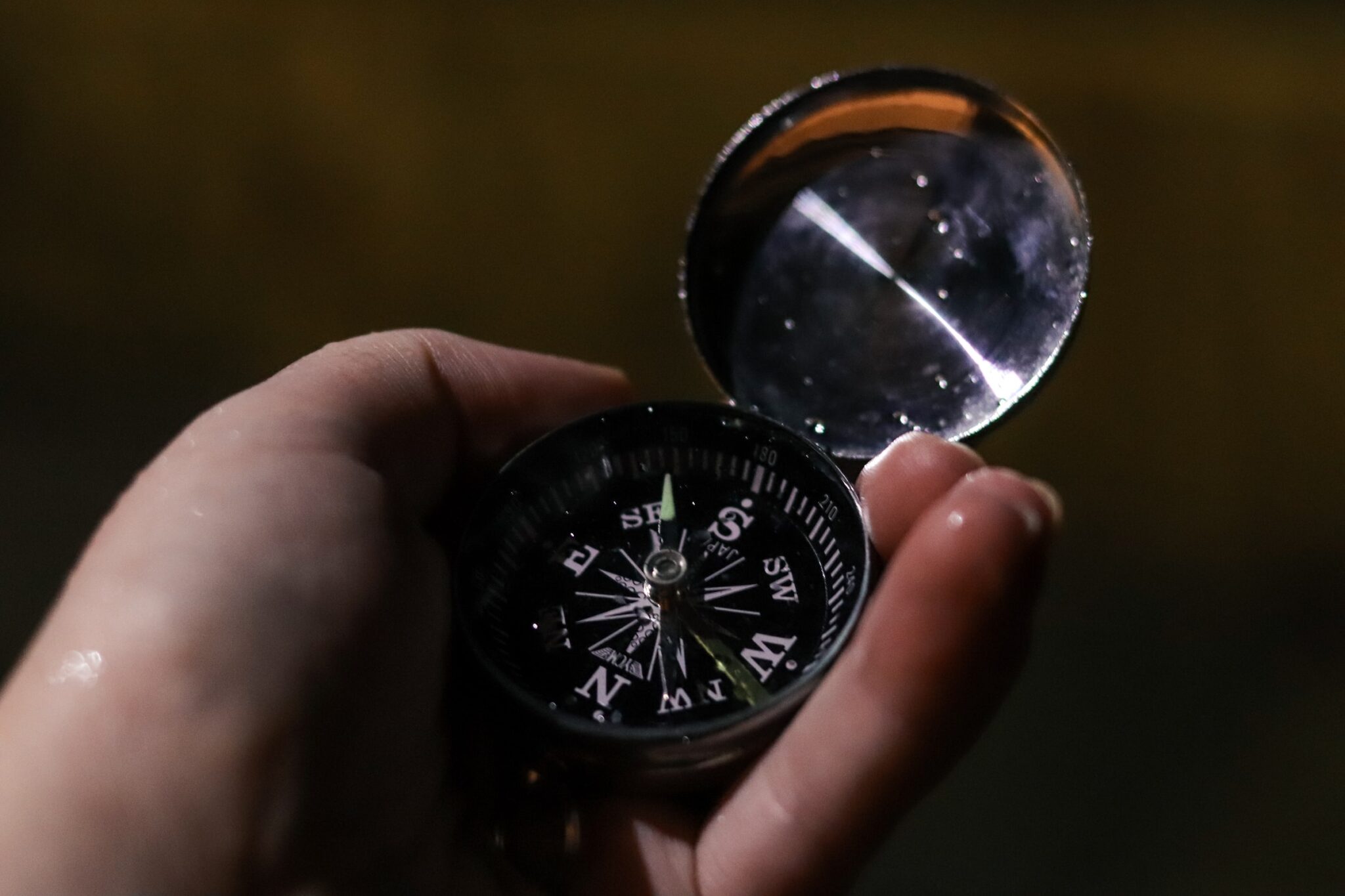
Set Your Internal Compass: Create a Five-Year Timeline
April 28, 2021
Setting Boundaries using the Broken Record Technique
May 12, 2021Ask For What You Need From Healthy People
My life as I knew it was over. In the same day, a difficult relationship ended and I had a house fire. I moved between feeling numb and deep grief. Everything had changed. As a therapist, I recognized my trauma symptoms, and yet was powerless to stop them. I didn’t know what to do. I went to bed thinking, “I don’t know how to do this.” I woke up the next morning with this phrase in my head:
“Ask for what you need from healthy people.”
I wrote it down. That was nearly a decade ago. That phrase guided me well then, and is still powerful today.
Let’s break it down.
Ask for what you NEED from healthy people.
Begin by identifying what you need – starting with this moment.
A deep breath? A glass of water?
I check in with myself about my needs whenever life gets hectic. I find it helpful to ask about myself in third person. “What does Laura need?” I know this sounds goofy, but somehow it helps. My theory is that as a woman, and a mother, when I ask “what do I need?” my reflexive answer is “I am fine.” When I make myself the object of my attention, I get a more honest answer.
So, what does ___(insert your name here)___ need…
… in this moment?
… today?
… this week?
… to get your life more balanced?
… to be healthier?
A friend was going through serious health problems. We called to ask how we could help. Instead of saying, “I’m fine” she said, “I am going to need rides to doctor’s appointments. Would you be willing to do that now and again?” She had checked in with herself and known what to ask for.
As you seek to recover from the latest disaster:
- Take time to discern what you need.
- Brainstorm a list of healthy people in your life.
- Draw on your courage and ask for what you need.
- Repeat as needed with a growing network of support.
Ask for what you need from healthy PEOPLE.
Multiple people: A network of friends and family who can work together for mutual support. The difficult relationship that ended that day taught me a lot about unhealthy relationships and boundaries. One of the unhealthy aspects was that we were in a closed circle. Everything was super private and we did not reach out to others. Now I see the value in widening my circle.
When I ask for what I need, sometimes I hear, “no.” This simply means the person is not able to meet that particular need at this particular time. I then make the request of another person. I have come to depend on having multiple people in my life who can help or join in as they are able and willing.
After my break up and house fire, I asked a lot of people for what I needed: emotional support, time and energy, items, expertise. A few people showed up to rescue me; I turned them down. A lot of people helped in ways small and large. I made a lot of friends, reconnected with family and friends, learned a lot of stuff I didn’t know, and built a happier, healthier life.
ASK for what you need from healthy people.
This can be rough. I used to think there were things I was “supposed” to know. I felt shame for not knowing something, even when I hadn’t yet had experience with it. Having clear needs in the aftermath of disaster helped me let go of my anxiety about appearing competent and self-sufficient. I learned to ask. Point blank ask. Now I routinely make simple, concrete requests:
“I am doing a project and need this kind of help for this period of time, would you be interested?”
“I don’t know how this works; can you help me?”
“I have never done this before, is someone able to walk me through the process?”
I cannot reasonably expect people to meet my needs if I do not make the request. When I state my request clearly, I am more likely to get the help I need, rather than the help someone else assumes that I need.
I have a friend who is a great problem solver. However, many times what I need is a listener. I will ask, “can you just listen to me vent? I need to say all this out loud so I can find a solution that works for me.”
Ask what you need from HEALTHY people.
Beware the one person who wants to rescue you. The person who shows up in your life with overwhelming displays of love and devotion. “I will solve all your problems and love you like no one else ever has. My devotion will be unending, and I will expect the same from you.”
Healthy people sometimes say, “I can’t right now.” The people who say, “no, I can’t help with that” are setting realistic limits on their time and energy. Trust the people who are able to say “no.” Those who would ask how I am, and then share their week demonstrate a balanced relationship. People who have diverse and healthy adult friendships may hang out with one friend this week, and another next week.
Who are the people in your life? Does a phone call or get together leave your refreshed or drained? Can either one of you say, “sorry, I’m not available” without a guilt trip? Can you have an honest conversation without hostility? Do you have a circle of friends that doesn’t carry overtones of the 6th grade lunch table?
Healthy people…
… set realistic limits on their time and energy. They are able to say ‘no.’
… resist the urge to rescue. They respond to specific requests, rather than assumed needs.
… only agree to a request they are willing and able to fulfill.
… leave you refreshed, rather than drained.





